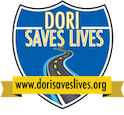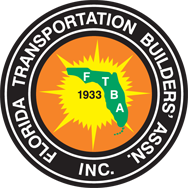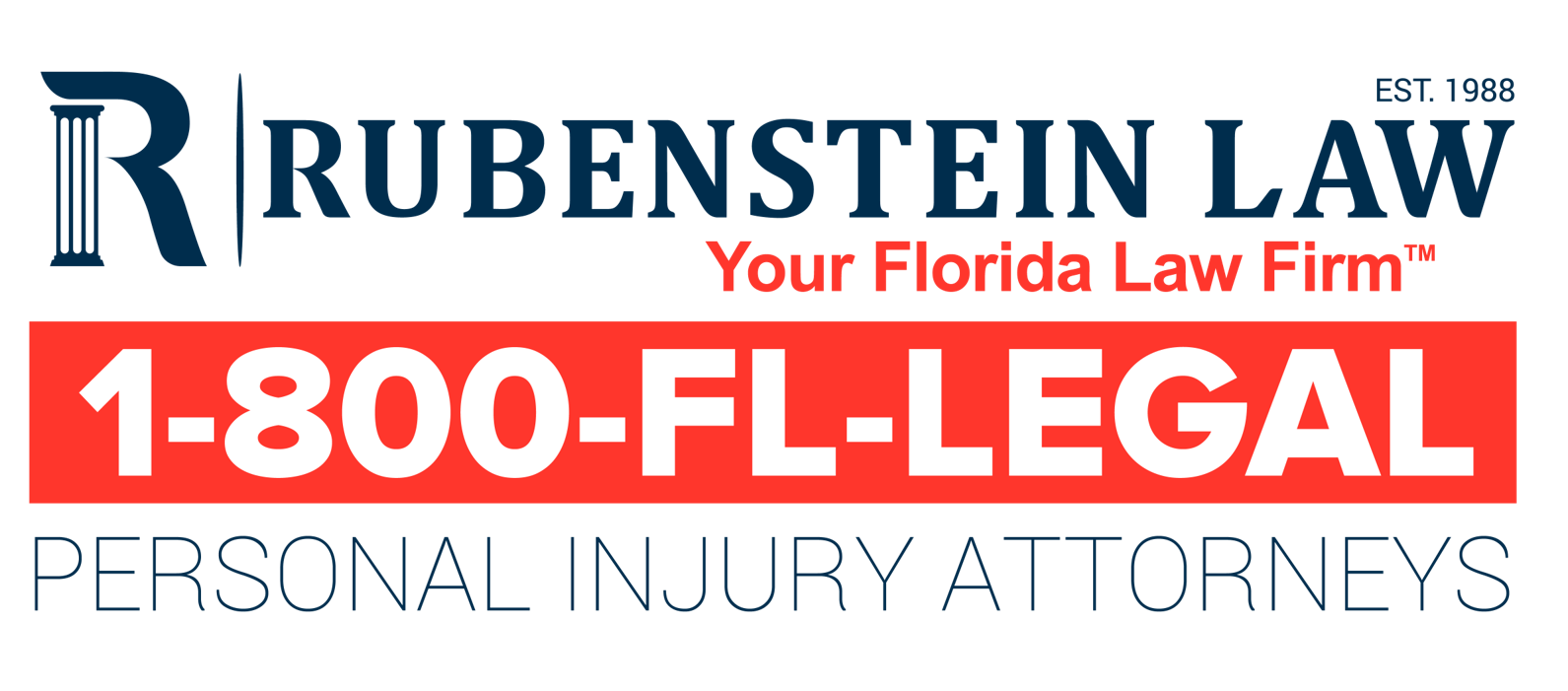Drunk Driving and Drugs
Remind your teen that underage drinking is illegal, and driving under the influence of any impairing substance – including illicit, over-the-counter, and prescription drugs – could have deadly consequences. Drinking alcohol under the age of 21 is illegal in every State—inside or outside of a vehicle. Drunk-driving laws are always strictly enforced, and many States have zero-tolerance laws, meaning that there can be no trace of alcohol or illegal drugs in your system at any time. Let your teen know: Law enforcement officers will be able to test for these substances.
Show your teen the grim stats. According to the Centers for Disease Control and Prevention, teens are more likely than anyone else to be killed in an alcohol-related crash. In 2016, almost one out of five teen drivers involved in fatal crashes had been drinking. Even though the minimum legal drinking age in every State is 21, data shows 16 percent of 15- to 18-year-old drivers involved in fatal crashes in 2016 had been drinking. Drugs other than alcohol – illicit as well as prescribed and over-the-counter – can affect your teen’s driving, so be sure you and your teen talk about driving and drug use, too.
If lucky enough to survive a crash as an impaired driver, your teenager will face the consequences of breaking the law. Those include a possible trip to jail, the loss of his or her driver's license, and dozens of other expenses including attorney fees, court costs, other fines, and insurance hikes. Your teen will also stand to lose academic eligibility, college acceptance, and scholarship awards.
Share this fact sheet on alcohol and driving with your teenagers and make sure they know the consequences of breaking your State laws on drunk and drugged driving.
What Can You Do?
- Tell your teen that underage drinking, as well as illicit drug use and over-the-counter and prescription drug misuse, is illegal and holds serious consequences. Together, read about some teenagers who've been affected by alcohol or drugs and particularly those who have lost their lives to impaired driving. Teens can often relate better to other teenagers.
- Never provide alcohol to teens. Do your part to prevent your teen from having access to alcohol. Unfortunately, some parents think it's OK to provide alcohol for teens. Don't do it—it’s illegal. Parents who supply alcohol to any teen—or help any minor possess or consume alcohol—face jail time, loss of a driver's license, and serious fines. Remember: For those under 21, the BAC limit is not .08—it is zero.
- Tell your teen that driving while impaired by drugs is illegal, too. The use of drugs can affect their ability to drive a vehicle safely. This includes illegal drugs, many drugs prescribed by a doctor for them or for someone else, and some over-the-counter drugs. Teach your children about zero-tolerance laws, which make it illegal to drive with any measurable amount of specified drugs in the body.
- Remind your teen that it is never safe to ride in a car with someone who has been drinking alcohol or using drugs. If there is even a suspicion of alcohol or drug use, your teen should decline the ride immediately. Let your teen know that they can call you or another trusted adult for a safe ride home if they need one.
- Make the consequences clear. Remind your teens that they face adult consequences for driving after using alcohol or drugs. Make sure your teens know that if they violate underage drinking laws, they face a trip to jail, the loss of their driver licenses, and dozens of unanticipated expenses including attorney fees, court costs, and other fines. Remind them of the added embarrassment and humiliation in getting arrested. Drunk- and drugged-driving convictions can even compromise academic eligibility, college acceptance, scholarship awards, and more.













